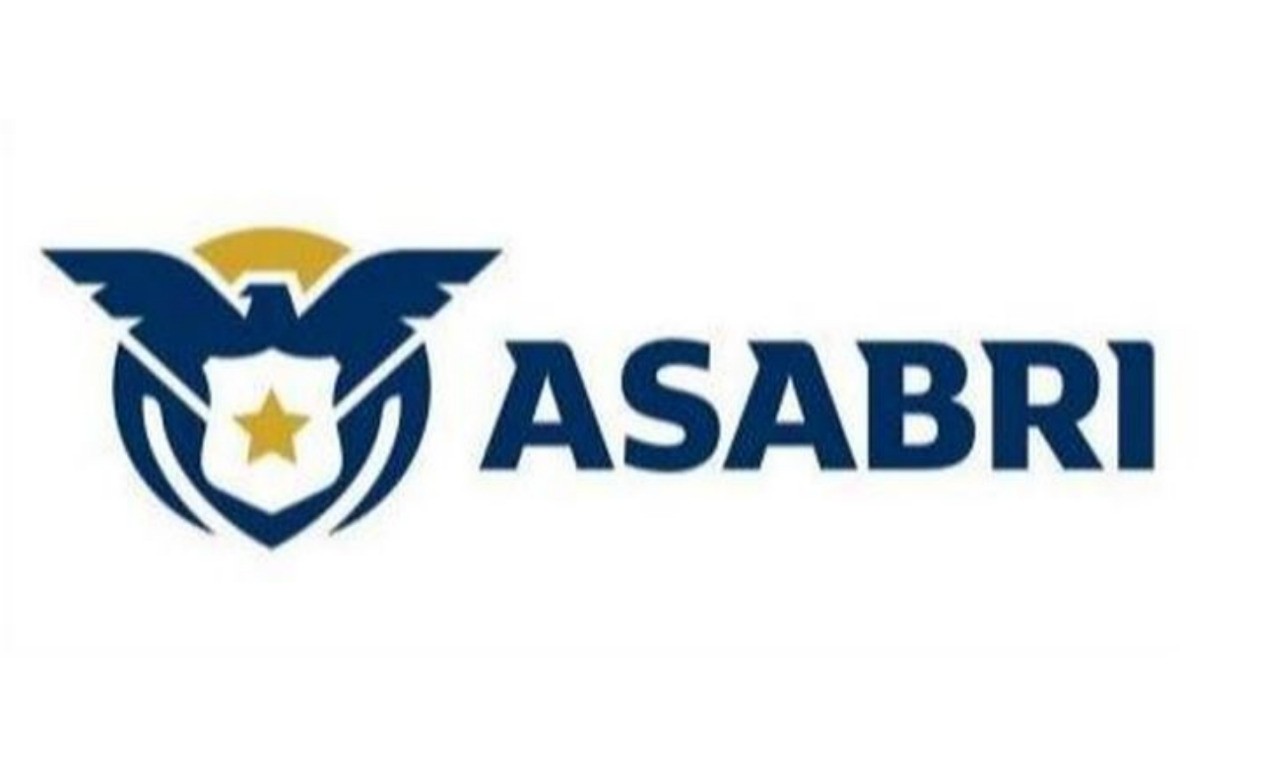Popular Reads
Top Results
Can't find what you're looking for?
View all search resultsPopular Reads
Top Results
Can't find what you're looking for?
View all search resultsAnother insurance fiasco?
Asabri and Jiwasraya’s experience was clearly the result of weak supervision, both by the OJK and the State-Owned Enterprises (SOEs) Ministry.
Change text size
Gift Premium Articles
to Anyone
F
ollowing the exposure of the financial scandal involving state-owned insurer Asuransi Jiwasraya, we have been shocked yet again by the disclosure of a similar financial fiasco at another state-owned insurance company, Asabri.
The company, which manages the pension and social security funds of Indonesian Military (TNI) and National Police personnel, has incurred Rp 10 trillion (US$715 million) in losses allegedly due to corruption in the company’s stock and mutual fund investments.
Like Jiwasraya, the alleged corruption at Asabri started long ago, but had gone undetected due to weak supervision.
Strangely, Asabri did not fall under the supervision of the Financial Services Authority (OJK), and was instead under the Defense Ministry. As the Supreme Audit Agency (BPK) disclosed, Jiwasraya had been recording losses since 2006, but the OJK failed to detect this because it relied only on written reports from the insurer.
Even stranger, the OJK also allowed Jiwasraya to launch JS Investment, an investment-linked insurance policy (ILP). Unlike the ILPs offered by other insurance companies, JS Investment, which was sold through cooperation with several banks, guaranteed greater returns than bank deposits or bonds. Even worse, the JS Investment funds were mostly invested in underperforming small and micro-cap stocks. According to the BPK, due to mismanagement and a drastic decline in the value of its investments, Jiwasraya lacks the funds to return JS Investment customers’ money, totaling Rp 12.4 trillion at the end of 2019.
Speculators primarily target small and micro-cap stocks — like those that Jiwasraya and Asabri bought — in pump-and-dump scams, locally termed goreng-goreng saham (frying stocks). Other countries consider this practice a type of securities fraud because it involves stock manipulation and frequently causes great losses to investors.
Many allege that Jiwasraya and Asabri were not among the victims of goreng-goreng saham, but among the perpetrators, buying the small-cap stocks in collusion with sellers during a sharp rise in price. Once the shares changed hands, and without any other big buyers stepping up, the stock prices fell sharply and the insurers lost heavily.
Asabri and Jiwasraya’s experience was clearly the result of weak supervision, both by the OJK and the State-Owned Enterprises (SOEs) Ministry. We can only reemphasize that in learning from this painful experience, the OJK needs to overhaul the supervisory mechanism in the insurance industry so it will be more effective in facing rapid changes in the financial sector.
President Joko “Jokowi” Widodo has expressed his concern over the pump-and-dump scam on the local stock exchange. He called on the OJK and the Indonesian Stock Exchange to stop the practice, which has caused great losses to many investors.
The government should prevent a similar financial scandal from happening again. It should pay special attention to two other state-owned financial services giants — civil service pension company PT Taspen and the Workers Social Security Agency (BPJS Ketenagakerjaan) — so that they, too, will not fall into the same trap. The hundreds of trillions of rupiah they have invested in the capital market must be protected.










